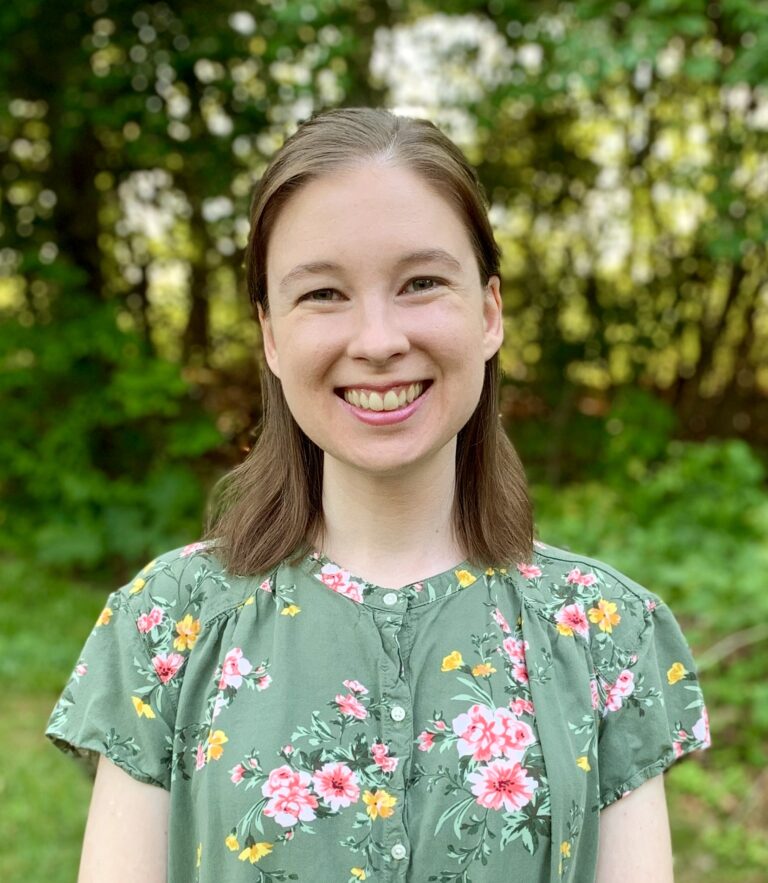
Graduate Summer 2023: Sarah Carey
In my dissertation, I develop an elaborated account of María Lugones’s concept of complex communication, as a practice of linguistic resistance and political strategy for overcoming communicative barriers to building coalitions across deep social differences. I bring in the work of Jacques Derrida to argue that because complex communication is an ongoing process of intersubjective meaning-making, the successful expression of resistant intentions cannot be guaranteed. Even our most resistant language remains always fraught and open to misinterpretation or cooptation by the very dominant oppressive logics such expressions intended to resist. Yet, this openness to multiple interpretations is essential for making complex communication possible. Ultimately, I move beyond Lugones’s conception of complex communication as a political strategy. I argue that in the wake of the oppression of the coloniality of language, we should understand complex communication as an ethical responsibility, grounded on a promise to witness each other faithfully and playfully, upholding multiplicity, opacity, and incommensurability, even when it requires great risks.